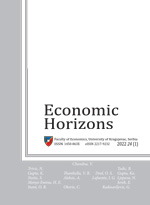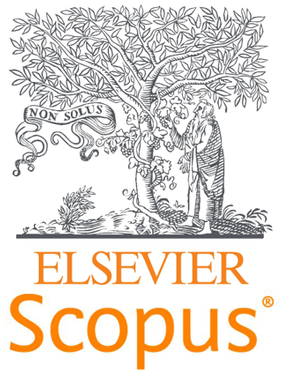THE EFFECTS OF COSMOPOLITANISM AND TRADITION ON THE EVALUATION AND INTENTIONS OF THE USERS OF FAST FOOD RESTAURANTS
Srdjan Sapic
University of Kragujevac, Faculty of Economics, Kragujevac, The Republic of Serbia
In terms of modern life, consumers have an increasing number of options when it comes to choosing a restaurant when they do not wish to eat at their homes. Fast food restaurants represent one of those options. In addition to domestic fast food restaurants, the development of global restaurant chains is also noticeable. The purpose of this paper is to identify the factors that affect the evaluations of products and services and the intentions of users in terms of using the services of fast food restaurants. In relation to that, it is important to analyze the factor of cosmopolitanism and tradition. Cosmopolitanism, as the willingness of people to cooperate with other cultures and tradition, and tradition, as a reflection of respect for the customs and ideas that are imposed on individuals by their culture or religion, affect consumers’ intentions and their willingness to use the services of foreign fast food restaurants. In accordance with that, the purpose of this research study is to determine if and how cosmopolitanism and tradition affect the evaluations of products and services and consumers’ intention concerning foreign restaurant chains and domestic fast food restaurants of both the local and the family types. The results of the conducted empirical research show that cosmopolitanism positively affects the evaluations of the products and services of foreign restaurants and that tradition positively affects the evaluations of the products and services of domestic fast food restaurants.
Keywords: cosmopolitanism, tradition, evaluations of products and services, consumer behavioral intentions, fast food restaurants
JEL Classification: M31, L83
Economic Horizons, 2017, Vol. 19, No 2, pp. 83-95. Published online 25 August 2017.
doi:10.5937/ekonhor1702081S
doi:10.5937/ekonhor1702081S




